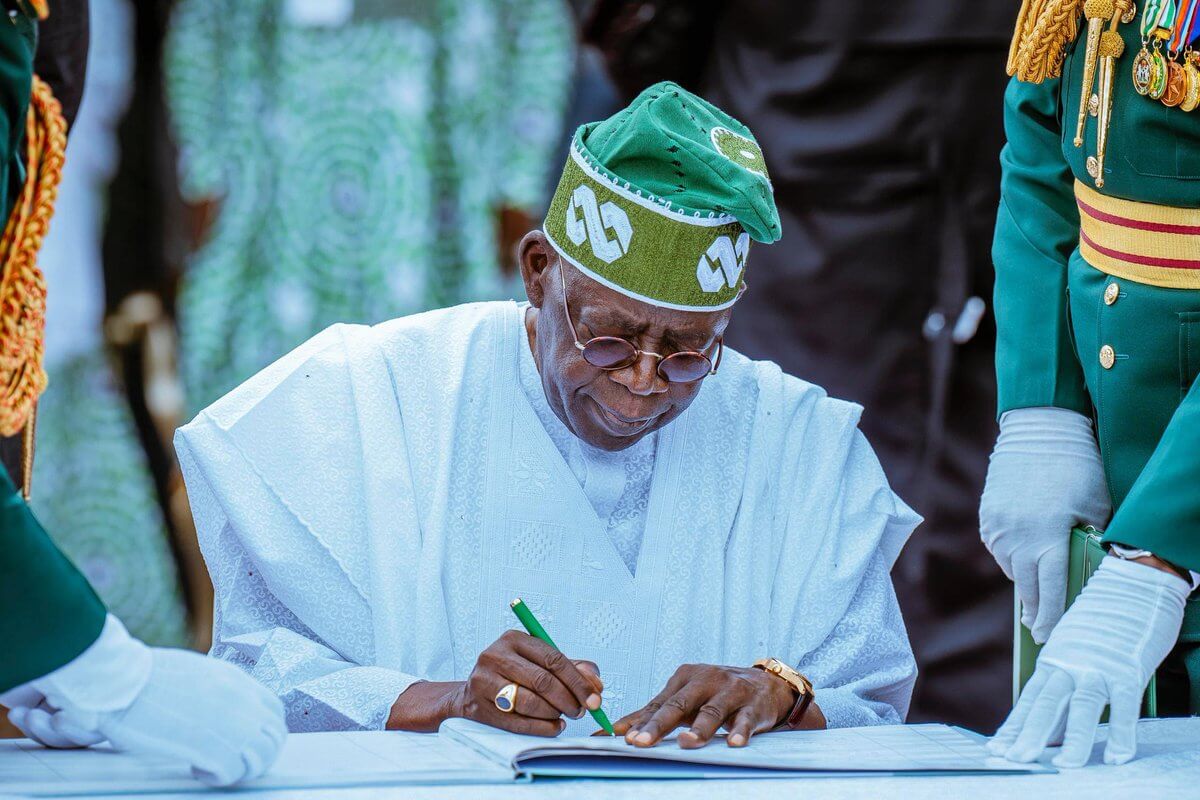Dozens of Kenyans took to the streets Tuesday under a heavy police presence, with many shops shuttered as youth activists called for fresh protests after anti-tax hike demonstrations last month descended into deadly violence.
Activists have stepped up their campaign against President William Ruto despite his announcement last week that he would not sign into law a controversial finance bill that triggered what he has branded “treasonous” protests.
The Kenya National Commission on Human Rights (KNCHR) said on Monday that 39 people had been killed and 361 injured during two weeks of demonstrations and condemned the use of force against protesters as “excessive and disproportionate.”
On Tuesday morning, the capital’s central business district, the focus of previous rallies, was quiet, with police patrolling and few people on the streets.
Local politician John Kwenya expressed frustration over businesses shuttering, telling AFP there was “no alarm”, despite instances of looting last Thursday.
“They are scared. I told people to open their businesses, but most have fear, they even moved their goods from the shops.”
READ ALSO:Fake news on IGP tenure elongation disturbing — Police
“This is economic sabotage. The last protest wasn’t Gen-Zs, they were goons,” Kwenya said, referring to Thursday’s rally.
But elsewhere in the country, Kenyan TV showed larger crowds marching in the coastal opposition stronghold Mombasa, with smaller rallies and a heavy police presence in Kisumu, Nakuru and Nyeri.
– ‘#RutoMustGo’ –
Largely peaceful rallies against a raft of tax increases — mostly led by Gen-Z Kenyans on social media — descended into deadly chaos on Tuesday last week when lawmakers passed the deeply unpopular legislation.
After the announcement of the vote, crowds ransacked the parliament complex in central Nairobi and it was partly set ablaze as police fired live bullets at protesters.
Ruto had said in a television interview on Sunday that 19 people had lost their lives, but defended his decision to call in the armed forces to tackle the unrest and insisted he did not have “blood on my hands”.
It is the most serious crisis to confront the president since he took office in September 2022 following a deeply divisive election in a nation often considered a beacon of stability in a turbulent region.
Ruto’s decision on Wednesday to reverse course and scrap the tax legislation has appeared not to have appeased his critics.
READ ALSO: The police and failed institutions – Part 2
Despite him saying he was ready to talk with young Kenyans about their grievances, activists have vowed to continue protesting, with leaflets posted on social media calling for more action this week.
“We will not relent until William Ruto unconditionally resigns,” insisted one leaflet with the hashtag “RutoMustGo”.
It declared both Tuesday and Thursday public holidays for an “OccupyEverywhere” movement and urged all Kenyans to stage sit-down protests on major roads in the country on those days.
– ‘Unwarranted violence’ –
The state-funded KNCHR said Monday that in addition to the dead and injured in the previous protests, there had been 32 cases of “enforced or involuntary disappearances” and 627 arrests of protesters.
“The Commission continues to condemn in the strongest terms possible the unwarranted violence and force that was inflicted on protesters, medical personnel, lawyers, journalists and on safe spaces such as churches, medical emergency centres and ambulances,” the KNCHR said.
READ ALSO: Cartoon
Kenya’s cash-strapped government had said previously that the tax increases were necessary to fill its coffers and service a massive public debt of some 10 trillion shillings ($78 billion), or about 70 percent of GDP.
In Sunday’s interview, Ruto warned that the government would have to borrow another $7.7 billion because of the decision to drop the finance bill.

 4 months ago
6
4 months ago
6















 English (US) ·
English (US) ·